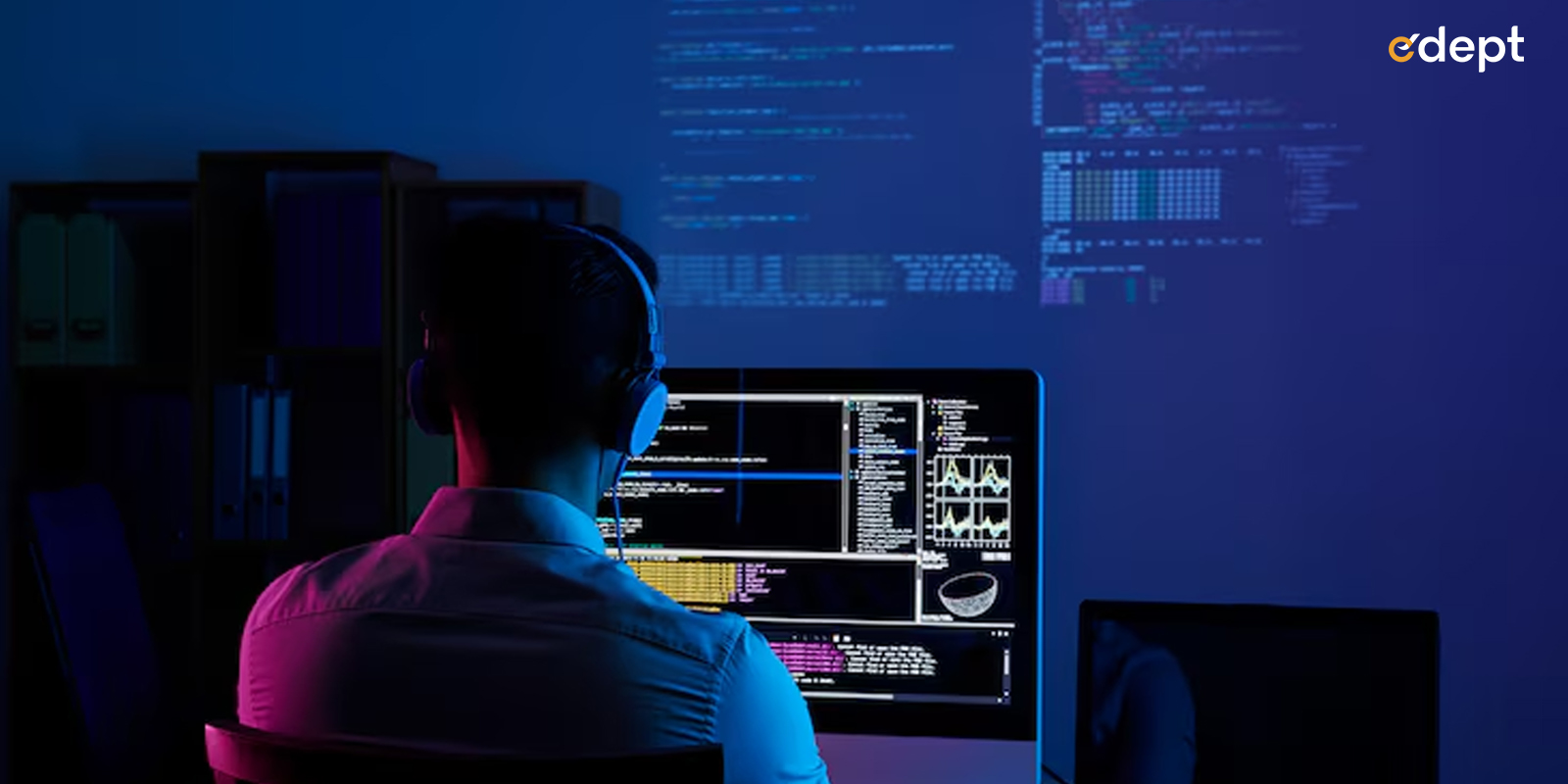The shift to remote work has made home network security more important than ever. With cyber threats increasing every year, keeping your personal devices and Wi-Fi network secure is essential to protect sensitive data. Whether you’re working, studying, or simply browsing online, following the right home network security tips can prevent hackers from accessing your information.
Why Home Cybersecurity Matters
Did you know that 43% of cyberattacks occur on small businesses and home networks? Hackers are aware that most people do not pay much attention to cybersecurity at home, so open home Wi-Fi networks become an attractive target.
With home networks linking smart devices, IoT devices, and work-related documents, a cybersecurity breach could result in pilfered passwords, financial theft, or identity theft.
Securing Your Personal Devices
1. Strong, Different Passwords
- Refrain from using weak passwords such as “123456” or “password.”
- Employ a password manager to create and keep secure passwords.
- Make multi-factor authentication (MFA) available wherever it is possible.
2. Keep Your Devices Updated
- Updates to address security weaknesses must be installed always.
- Have automatic updates on your laptop, phone, and software.
3. Install a Reliable Antivirus Program
- Prevent malware, ransomware, and phishing.
- Opt for a program that provides real-time protection and firewall settings.
Secure Your Home Wi-Fi Network
1. Alter Default Router Configurations
- Update the default admin login credentials on your router to block unauthorized access.
- Alter the Wi-Fi SSID (network name) to something other than “Admin” or “HomeWiFi.”
2. Activate WPA3 or WPA2 Encryption
- Employ WPA3 (newest security standard) or WPA2 for robust encryption.
- Turn off WPS (Wi-Fi Protected Setup) since hackers can use it.
3. Set up a Guest Network
- Isolate your work and personal devices from your guests’ devices.
- This minimizes the malware transfer risk throughout your home network.
As cyber threats continuously change, having professional training in cybersecurity is the best way to remain ahead of the game. If you want a career in cybersecurity seriously, think about B.Voc in Cybersecurity in Mumbai at Shree LR Tiwari College of Engineering.
Why Shree LR Tiwari College for Cybersecurity?
- Industry-Centric Curriculum – Includes ethical hacking, digital forensics, and network security.
- Practical Training – Master through live cybersecurity situations.
- Placement Assistance – Access to job opportunities at leading cybersecurity companies.
Conclusion: Remain Secure in a Virtual World
As Bruce Schneier rightly stated, “Security is not a product, but a process.” It holds true for your cyber security as well—one weak password or an unsecured network and your personal as well as professional life is on the line.
With these home network security tips in hand and in consideration of professional education such as Shree LR Tiwari College’s cybersecurity program, you can secure your data and establish a safe future.
Stay smart, stay secure!


Leave a Reply